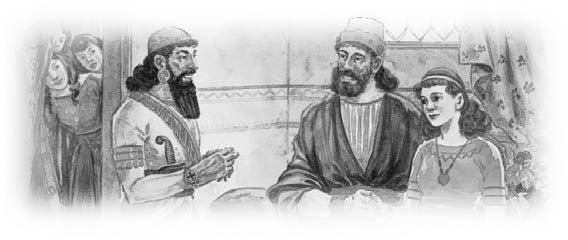Since childhood, Joseph Delamou had gone to church daily and, following his father’s example, knelt before images. But he had a vivid dream when he asked God if he was going to the right church. He sensed that God was calling him to leave his father’s church.
So, 16-year-old Joseph joined another church in Conakry, capital of the French-speaking country of Guinea in West Africa. He soon became its youth leader, and he organized numerous outreach programs.
Several years passed, and Joseph’s father grew increasingly displeased with his son for going to another church. “I want you to learn English,” he said. “You need to give up your church activities and focus on English.”
Joseph was reluctant to stop going to church. But to make Father happy, he quit the outreach programs and enrolled in English lessons at the age of 23.
The English teacher, Fortunate Kaloubilori, opened the first lesson with the words, “Let’s pray.” Joseph was astonished. He had thought that he was giving up God to learn English, but the teacher prayed at every lesson.
Three weeks into the lessons, the teacher asked Joseph for help. “I have many papers to grade,” Fortunate said. “Please, could you stay and help?”
After grading the papers, Fortunate invited Joseph to study the Bible with him. Joseph was pleased. He thought, God is following me everywhere!
But the Bible study left him confused. He had left his father’s church to join another church. But now he was hearing new Bible teachings that seemed to lead to Fortunate’s church, the Seventh-day Adventist Church.
“This is because of my father,” Joseph told himself, bitterly. “If he hadn’t sent me to these lessons, I wouldn’t have these problems.”
He continued Bible studies for two months and then went to his pastor for advice. He wanted to know which church was right. The pastor dismissed the Adventists as incorrect.
“Don’t listen to them,” he said.
Joseph asked for a meeting with the pastor and Fortunate to discuss the Bible. The pastor refused to come and sent representatives. When the representatives failed to support their views from the Bible, the pastor demanded a second meeting. But again, he sent representatives whose answers didn’t satisfy Joseph.
Joseph decided to pray and fast for three days about what to do. Then he had another dream.
Your Thirteenth Sabbath Offering on December 30 will help spread the gospel in the West-Central Africa Division, which includes Guinea. Thank you for planning a generous offering. Read more about Joseph and Fortunate (pictured) next week.


